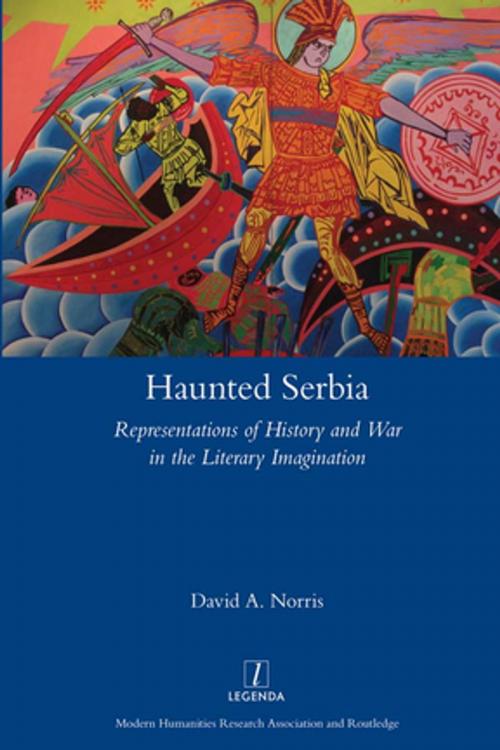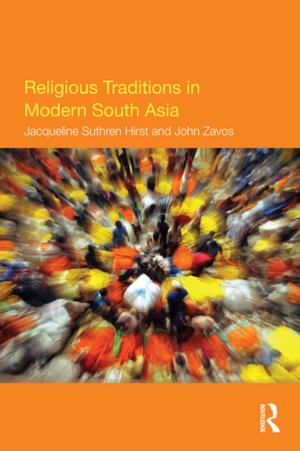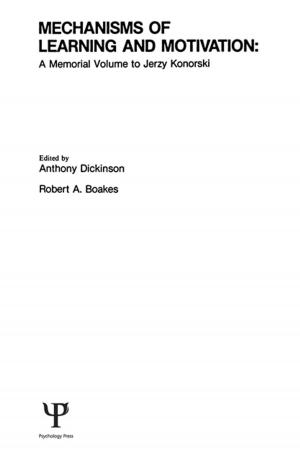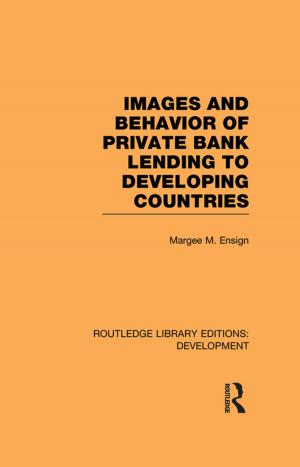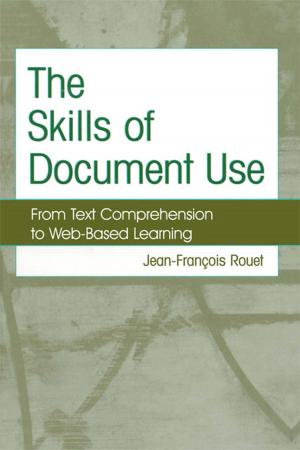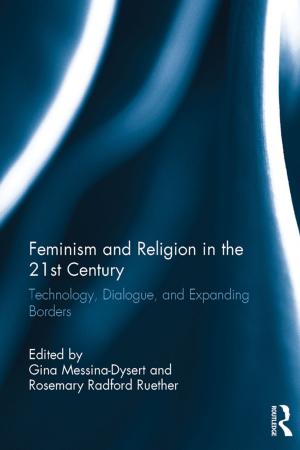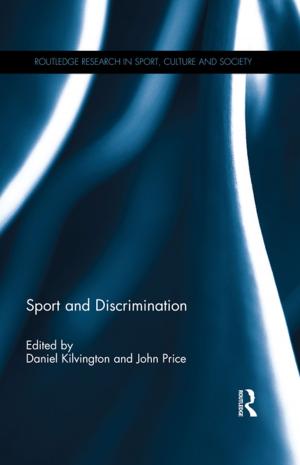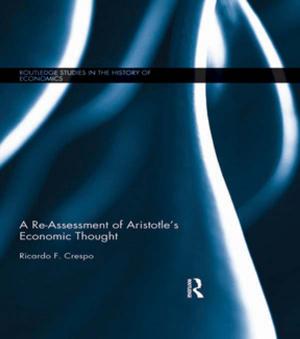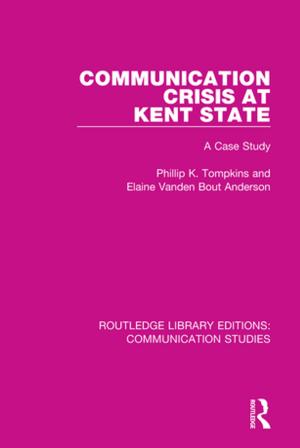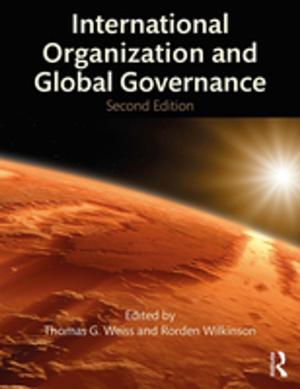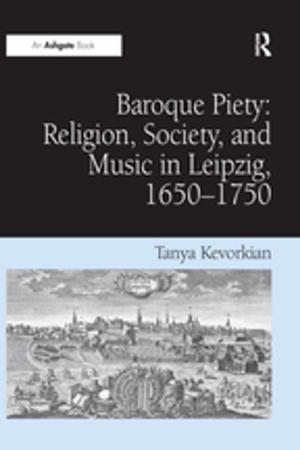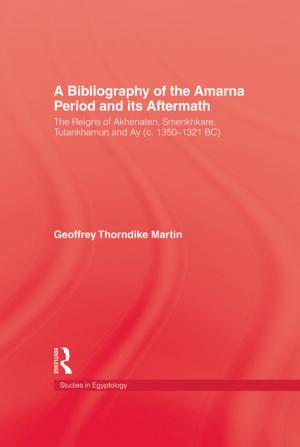Haunted Serbia
Representations of History and War in the Literary Imagination
Nonfiction, Reference & Language, Foreign Languages, Language Arts| Author: | David Norris | ISBN: | 9781317196389 |
| Publisher: | Taylor and Francis | Publication: | May 5, 2016 |
| Imprint: | Routledge | Language: | English |
| Author: | David Norris |
| ISBN: | 9781317196389 |
| Publisher: | Taylor and Francis |
| Publication: | May 5, 2016 |
| Imprint: | Routledge |
| Language: | English |
Haunting is what happens when the past is disturbed and the victims of previous violence, who are thought to be buried and forgotten, are brought back to the present and made to live again. Serbian fiction writers of the 1980s exhume the ghosts of the past, re-remembering the cruelty of the twentieth century, reinterpreting the heroic role of the Partisans and the extraordinary measures taken to defend Yugoslavia’s recently won independence and socialist revolution. Their uncanny and ghostly imagery challenges the assumptions of the master discourse promoted by the country’s orthodox communist authorities and questions the historical roots of social and cultural identities. The instability of this period of transition is deepened during the wars of the 1990s, when authors turn from the memory of past violence to face the ferocious brutality of new conflicts. The haunting evocations in their work continue to articulate fresh uncertainties as the trappings of modern civilization are stripped away and replaced by the destructive logic of civil war. The past returns once more with renewed energy in the struggle to make sense of a vastly changed world.
Haunting is what happens when the past is disturbed and the victims of previous violence, who are thought to be buried and forgotten, are brought back to the present and made to live again. Serbian fiction writers of the 1980s exhume the ghosts of the past, re-remembering the cruelty of the twentieth century, reinterpreting the heroic role of the Partisans and the extraordinary measures taken to defend Yugoslavia’s recently won independence and socialist revolution. Their uncanny and ghostly imagery challenges the assumptions of the master discourse promoted by the country’s orthodox communist authorities and questions the historical roots of social and cultural identities. The instability of this period of transition is deepened during the wars of the 1990s, when authors turn from the memory of past violence to face the ferocious brutality of new conflicts. The haunting evocations in their work continue to articulate fresh uncertainties as the trappings of modern civilization are stripped away and replaced by the destructive logic of civil war. The past returns once more with renewed energy in the struggle to make sense of a vastly changed world.
